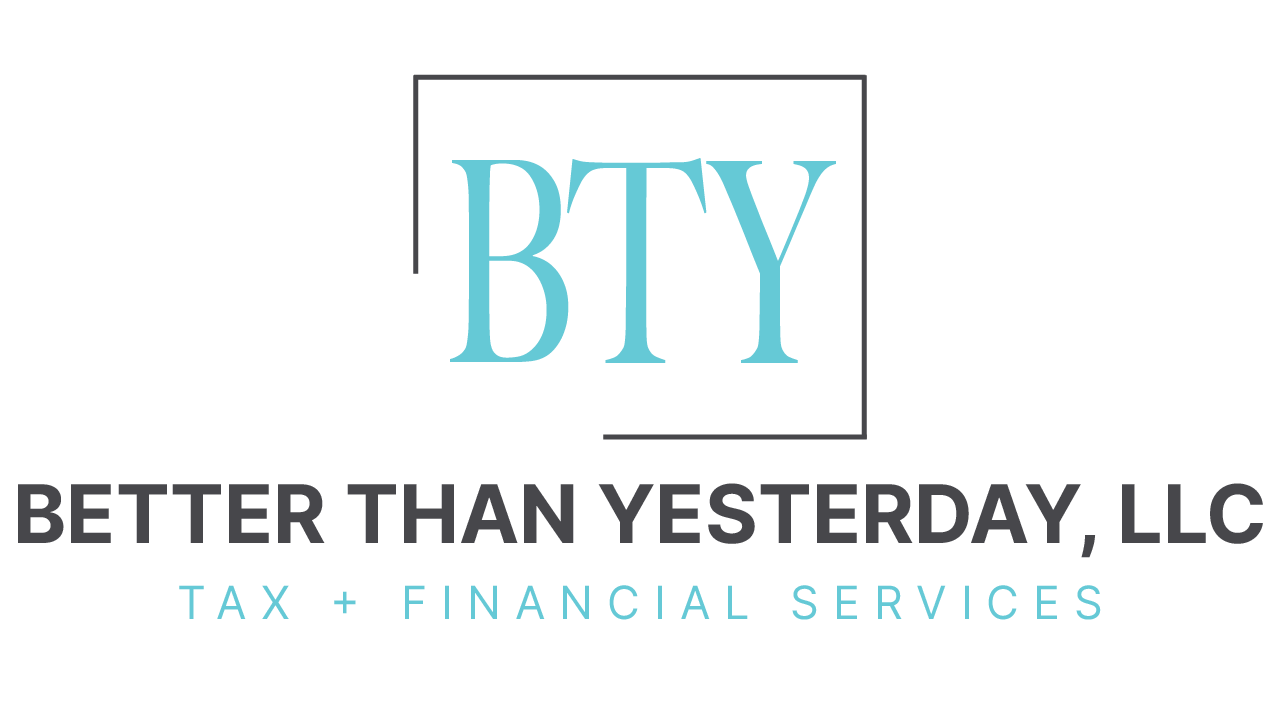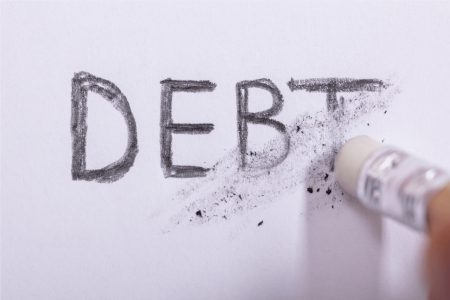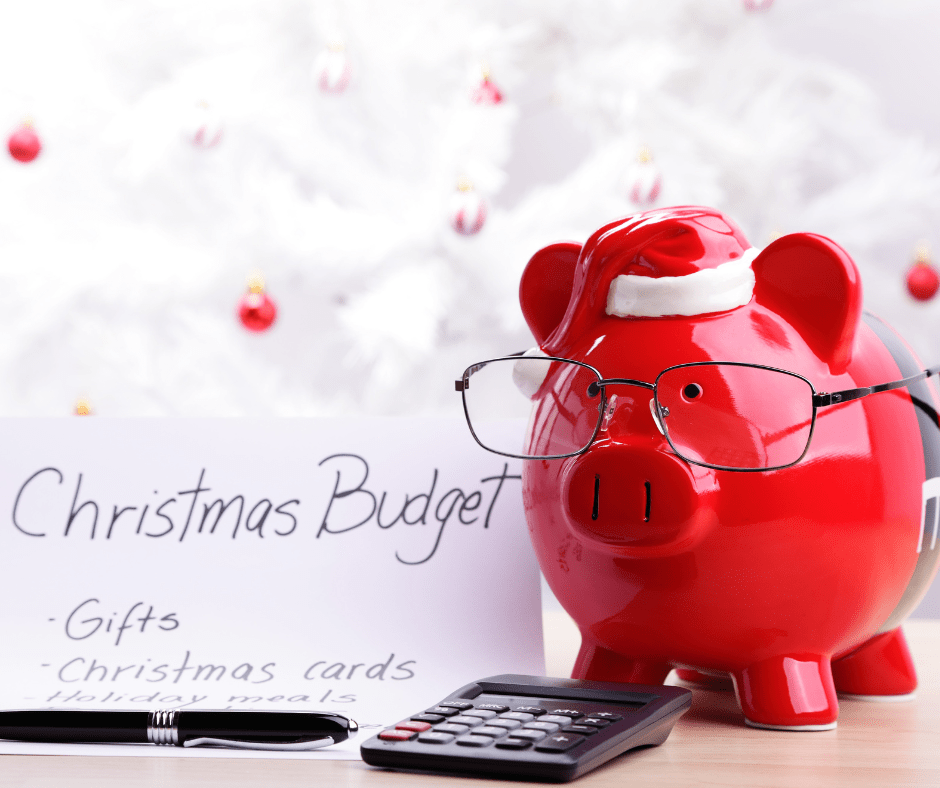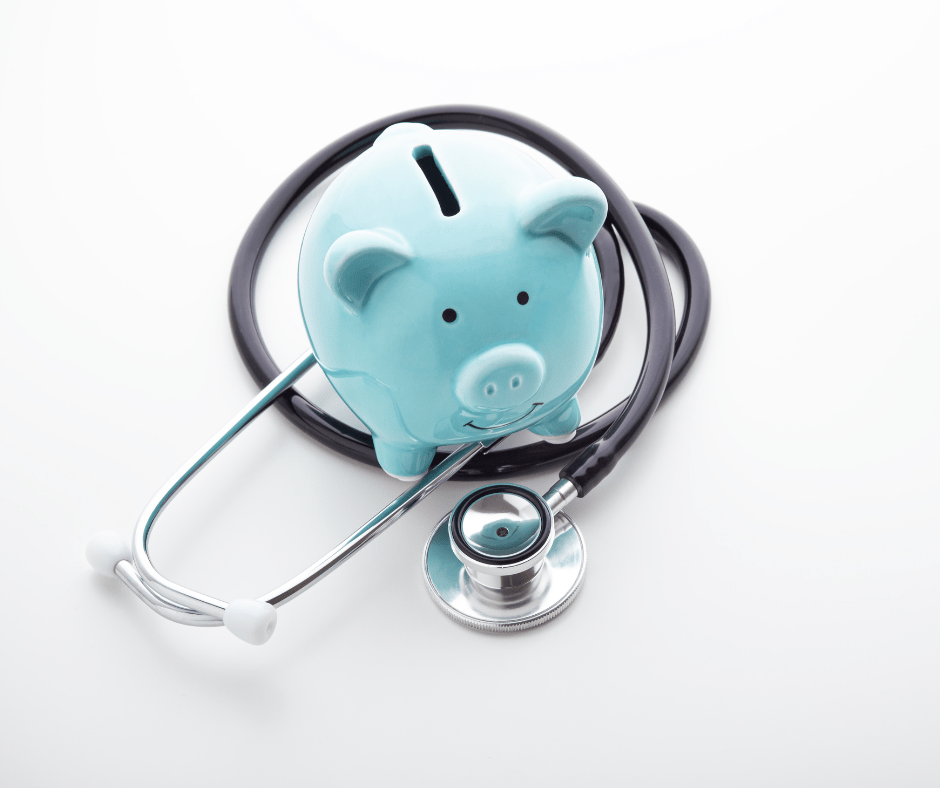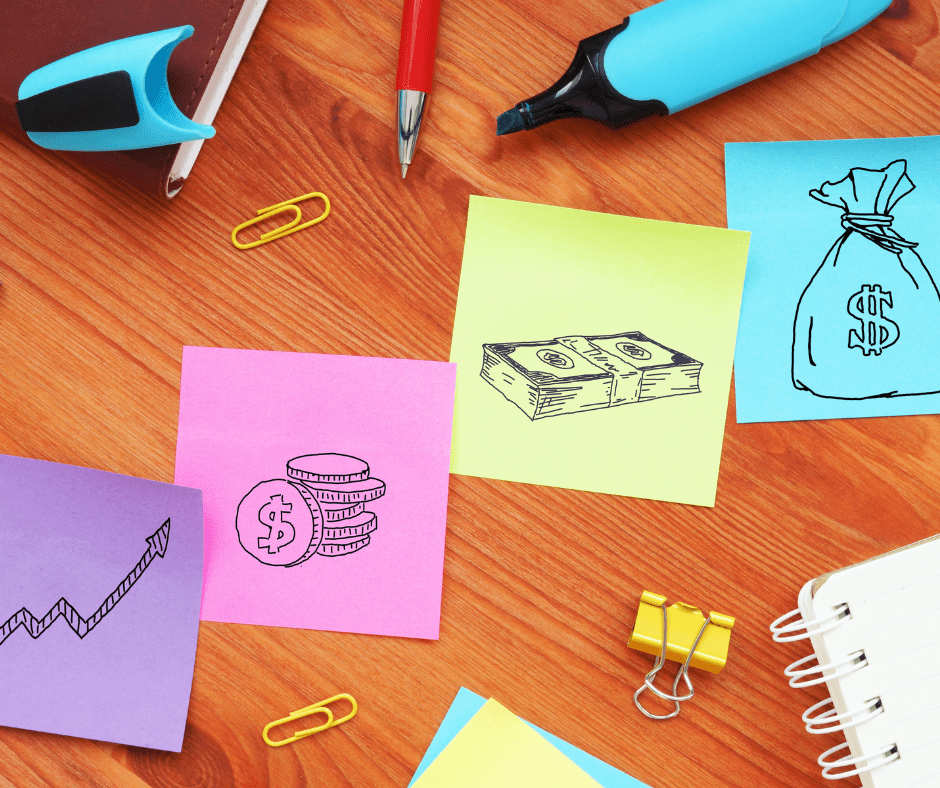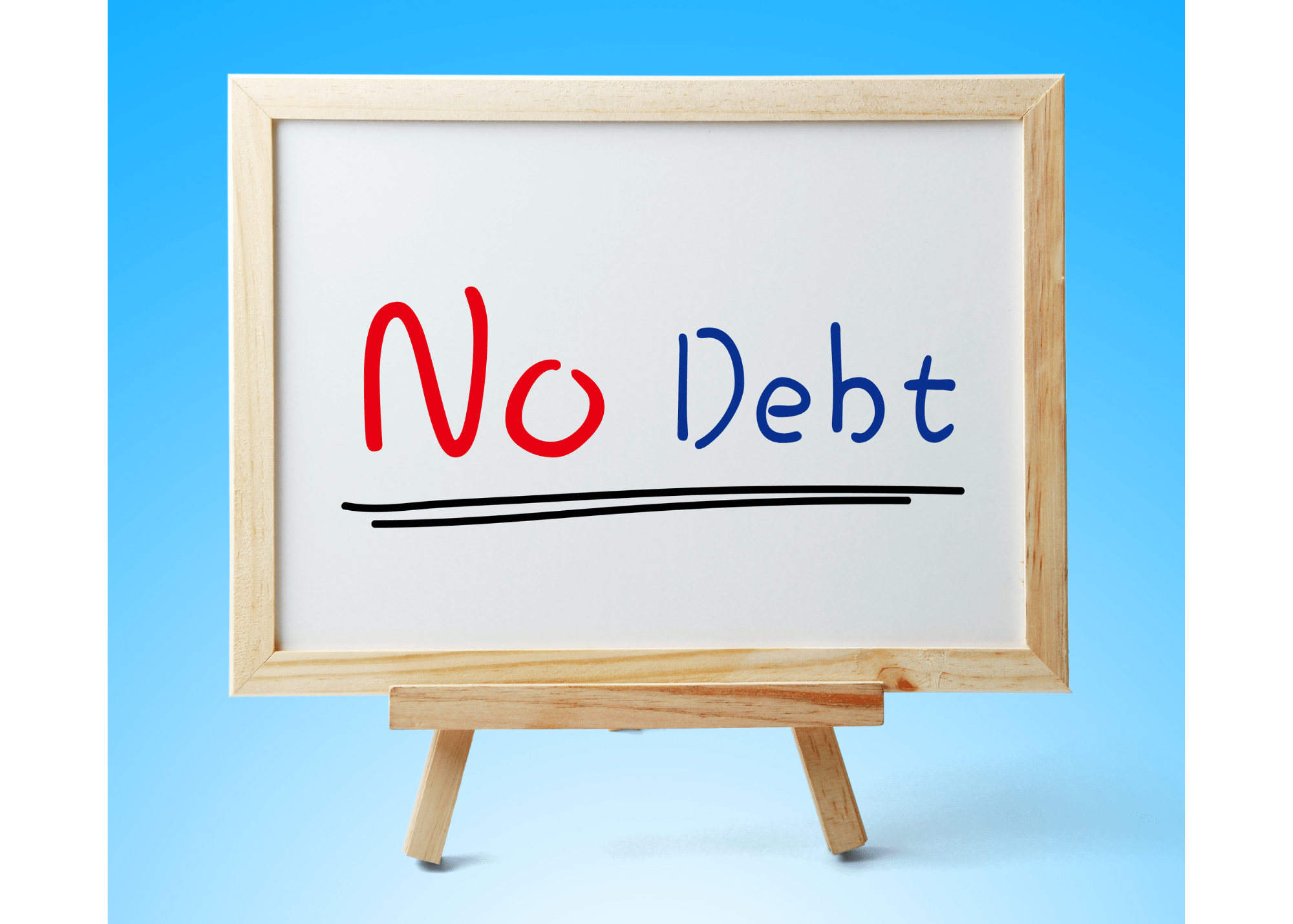If you want to know how to pay off debt, you first need to understand why you need to pay off debt.
Your biggest wealth-building tool is your income. And how are you ever going to build wealth when your main tool is tied up with payments to debt?
Freedom from payments is such a huge weight off of your shoulders. And not owing anyone anything is an indescribable feeling.
You are FREE!
You can do anything.
You can leave your job that you’ve hated all these years because you don’t have payments.
You can take time off for yourself or your family because you don’t have any payments.
You can finally reach your goals faster because you don’t have any payments!
According to Proverbs 22:7 (KJV), “…the borrower is servant to the lender.”
I don’t know why anyone would be okay with being a slave to their lenders.
It’s such an icky feeling.
Okay enough rambling about the WHY – let’s get to the five steps on HOW to pay off debt.
1. STOP Using Debt
This should be the obvious first step to paying off debt.
You have to STOP putting yourself in debt.
That means cutting up and canceling all of your credit cards.
That means no more shopping for a new vehicle that you cannot afford.
And that means quit rationalizing mortgage payments to get a house that you should not be living in.
Stop putting yourself in debt!
2. List All Debts From Smallest To Largest
Make your list and check it twice.
No, I’m not going to sing the Christmas Carole.
But hopefully, it helps you remember to double-check that you have EVERY debt on your list.
Okay, so what is debt?
Well, anytime you owe money to someone else that is debt.
And yes, I even mean the money that you borrowed from a family member, that they so sweetly said to not pay back.
For step two, we’re only going to focus on non-mortgage debt. We’ll save mortgage debt for step five.
Here is a list of non-mortgage debts to help make sure you have every debt on your list:
- Student loans
- Car loans
- Credit cards
- Medical debt
- Home equity loans
- Payday loans
- Personal loans
- IRS and government debt
- Family loans
Great, now that you have your list – put it in order from smallest to largest.
3. Build A Monthly Budget
Now that you have the road map laid out. We need to work on a game plan to get you to your goals!
Building a budget is the best way to be intentional with your money and track every dollar of your income.
This will help you get out of the habit of getting your paycheck then blinking your eyes and wondering where it went.
Having a monthly budget SHOWS you where all of your money goes before you even get paid.
After you build your own monthly budget, you will see how much extra monthly income you have to put towards your goal.
In this case, your goal is to pay off debt!
So that extra monthly income that you do not have categorized will go towards paying off your smallest debt first.
If you want some guidance on how to build a budget, click here!
4. Work The Debt Snowball
If you haven’t heard of the debt snowball, then you’re about to get familiar with it.
Dave Ramsey is well-known for the debt snowball method.
Disclosure: I do not earn any commission on recommending the debt snowball method to pay off your debt. I simply just believe in the method, and I’ll tell you why!
You need to develop the behavior to pay off debt.
So, don’t try to figure out a new way to pay off debt using math and calculating the highest interest rates, and going down that rabbit hole.
Because if you wanted to use math to get out of debt, you would’ve never gotten in debt in the first place.
Because you are in debt, that means we have to help you get the mindset to pay off your debt.
To do that, you need to get motivated!
And the best way to do that is with small wins.
Paying off your smallest debt first gives you a small win and momentum to move on to your next debt, then the next biggest debt, and so on.
That momentum helps you develop the mindset to stay out of debt.
Because those small wins get you inspired and help you see the light at the end of the tunnel.
And that light at the end of the tunnel helps you picture a reality where you are debt-free!
Which helps you get further and further away from rationalizing that debt is an okay thing to live with.
5. Pay Off Mortgage Debt
Now that all the consumer debt is taken care of, let’s focus on the mortgage.
But first, we need to cover some ground rules, because paying off this debt will take much longer.
Your mortgage payments need to be no more than 25% of your monthly take-home pay, and you need to be on a 15-year fixed-rate mortgage.
Of course, the goal is to pay it off much faster than 15 years.
Also, before you begin throwing all of your extra cash towards your mortgage, we need to take care of you and your family first.
Because again you’ll be in this step for the long haul.
First, you need to get an emergency fund of 3-6 months worth of household expenses.
So, pause on paying off your mortgage – only the required minimum payment amount – until you have a fully-funded emergency fund.
Second, you need to rework your monthly budget amounts to reflect new goals. Which are:
- 15% of your income into retirement accounts and,
- saving for children’s college, if applicable
Once you get those numbers calculated into your new monthly budget. Then all extra income will be put towards paying off your mortgage early!
I hope that you get to reach financial freedom, and hopefully, these steps help you get there!
Don’t give up on yourself.
Keep fighting for your financial peace, and NEVER stop working towards being better than you were yesterday!
Follow along for more tips on handling your finances!
